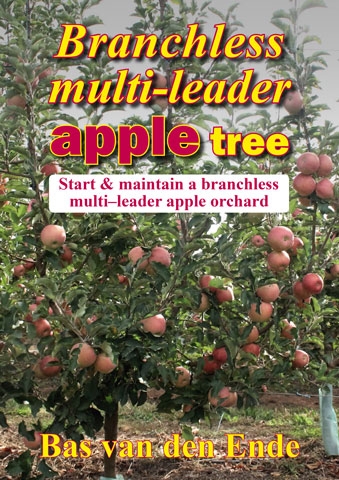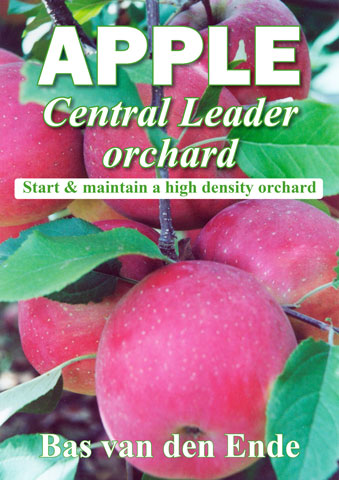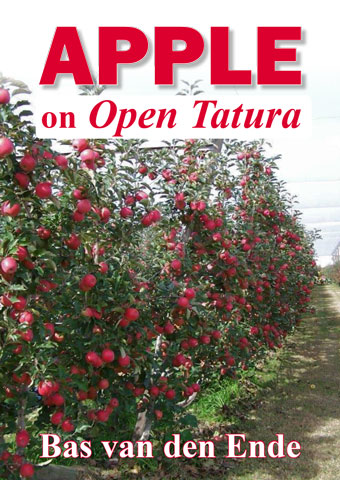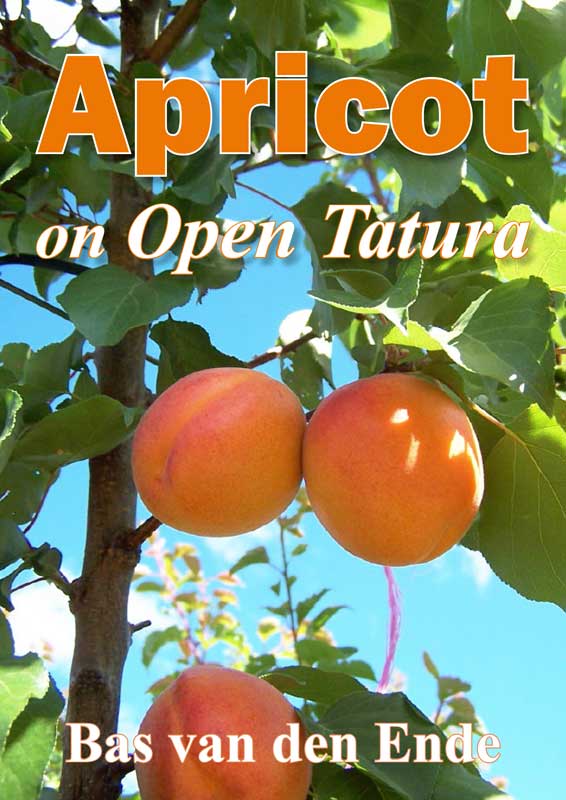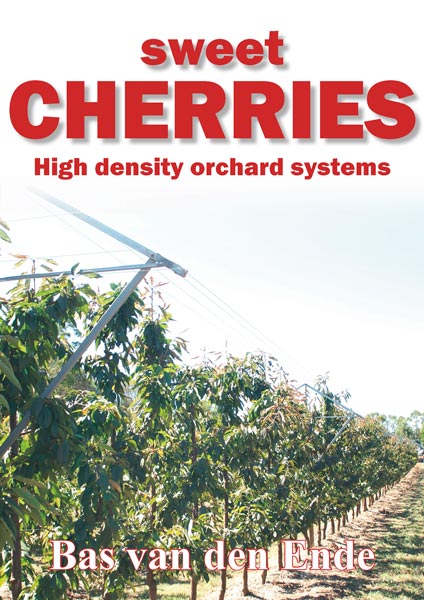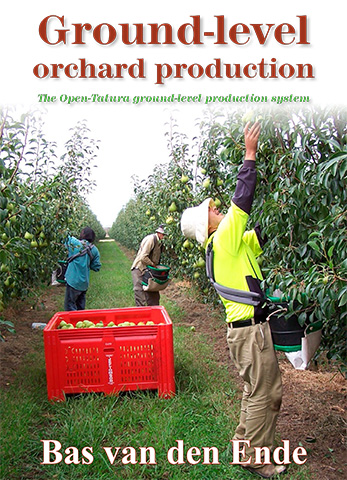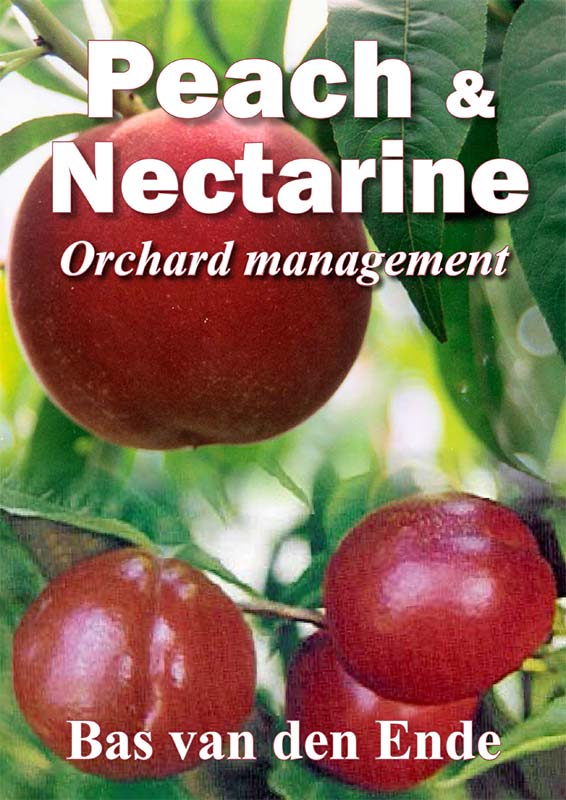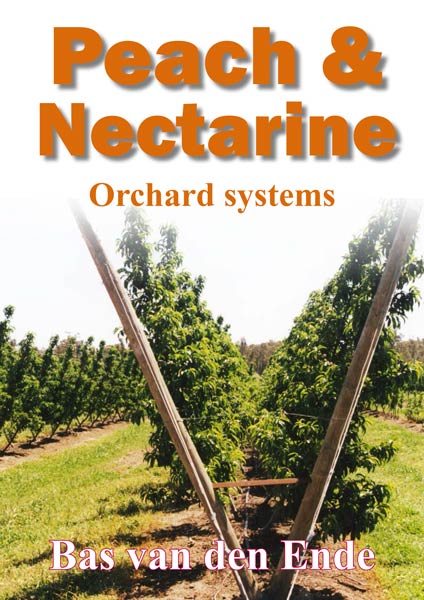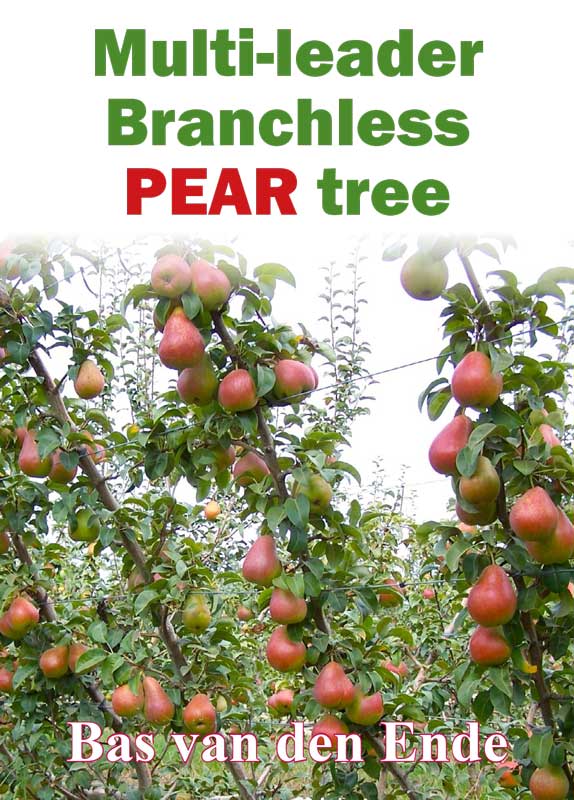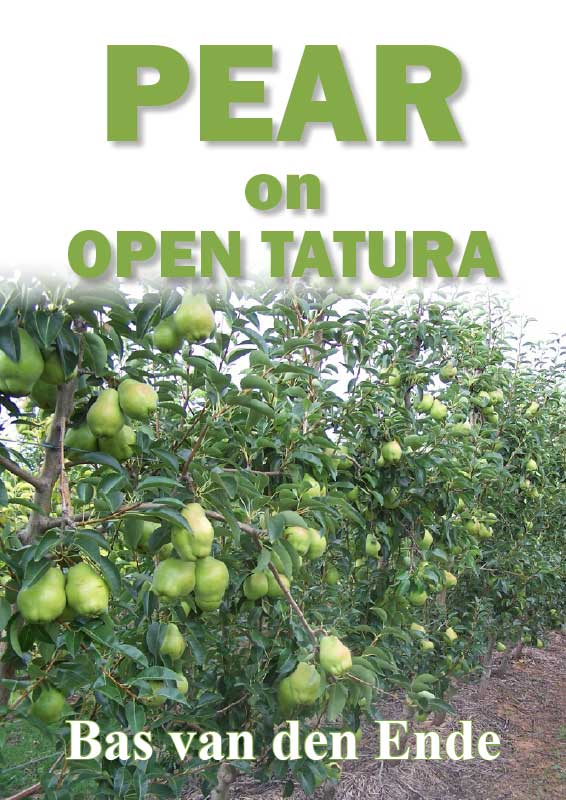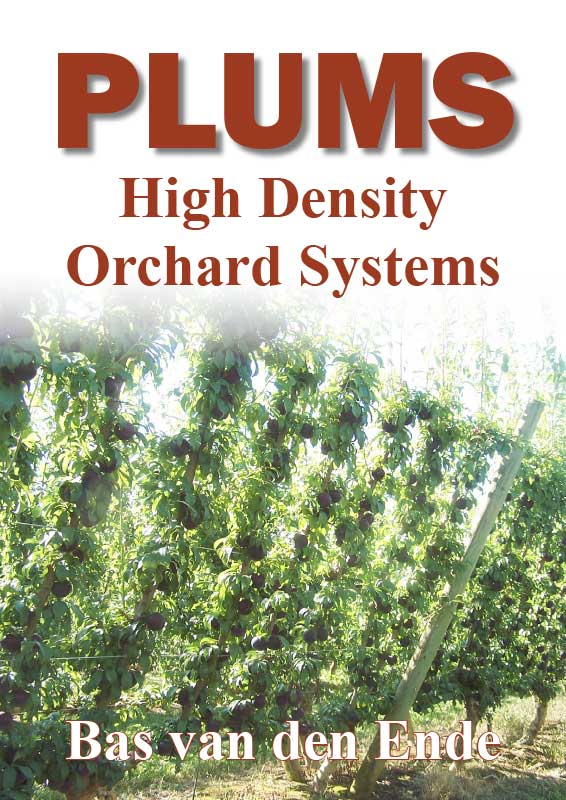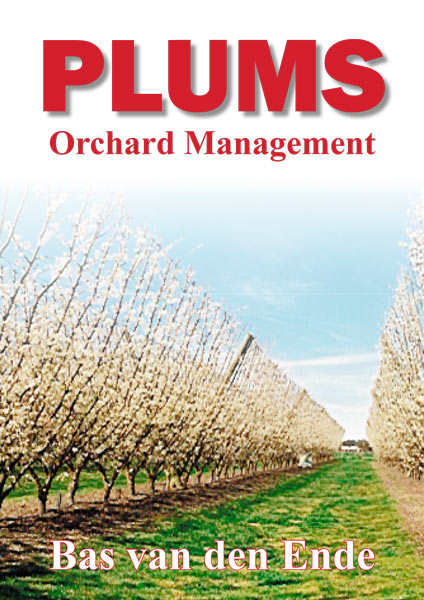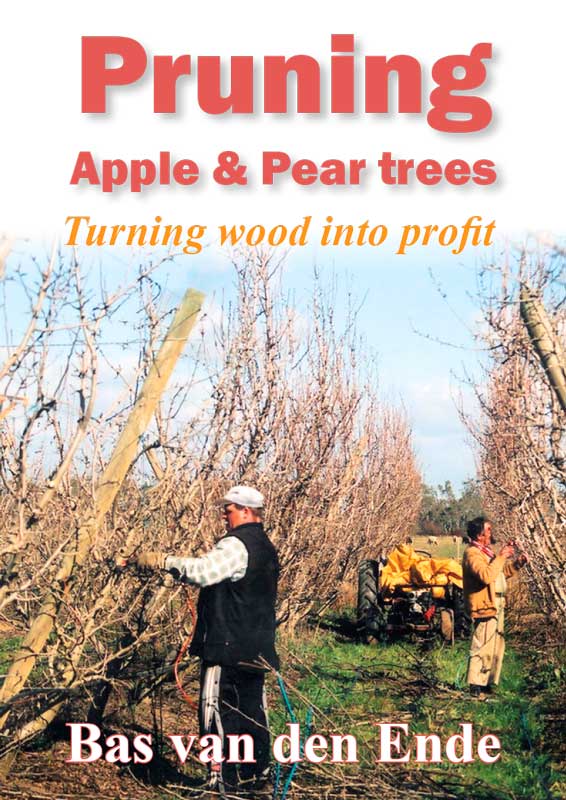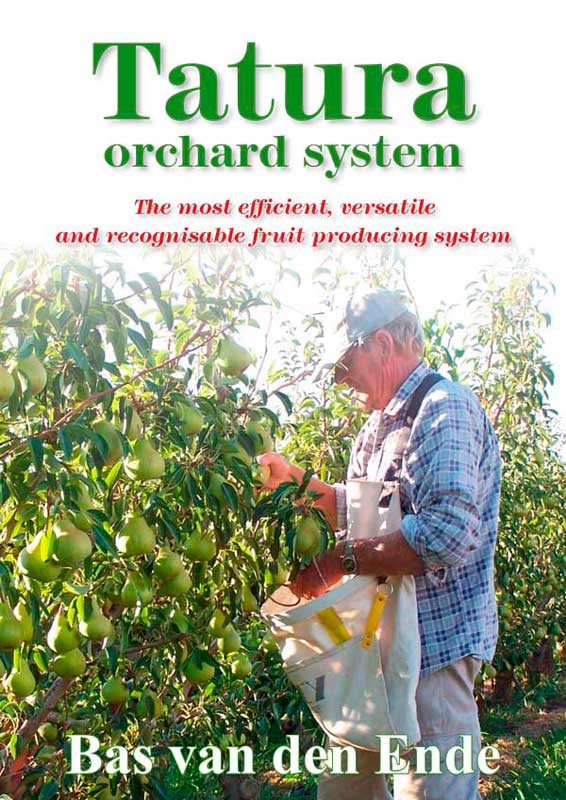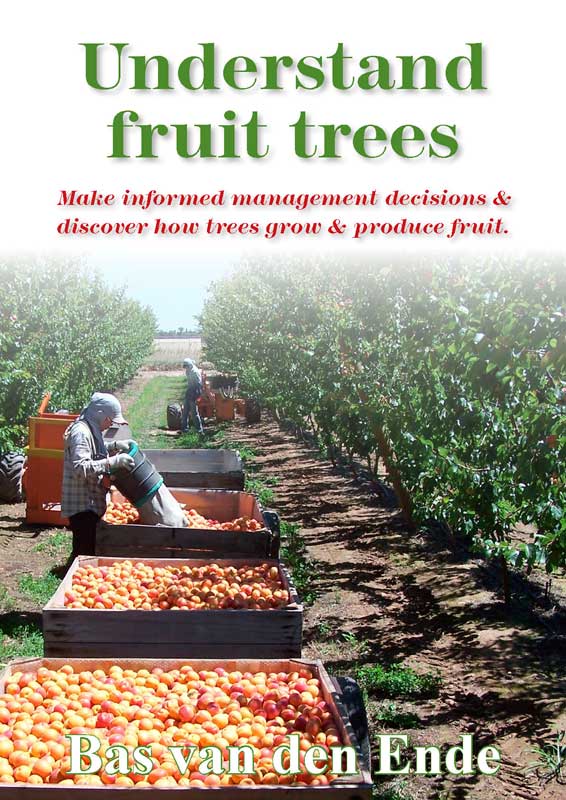Why bother with food safety? This is a question I’ve been asked many times since Freshcare was launched in July 2000.
More often than not the question is posed as a statement: “Why do we have to bother with this **** rubbish”.
The answer is, “because your business depends on you always satisfying your customers and if they become sick from eating your produce, it may cost you and your fellow farmers a lot of money or even your livelihood”.
Far reaching consequences of food poisoning
USA
You only have to look to the USA and to Europe to see how much the recent outbreaks of food poisoning associated with fresh produce have cost the industry.
Right now, the US melon industry is still “bleeding” from an outbreak of Listeria food poisoning in September 2011, which was linked to cantaloupes (rock melons).
The outbreak resulted in the deaths of 30 people, one miscarriage and another 144 people reported hospitalized.
The outbreak was quickly traced to one producer in Colorado, where investigators attributed the outbreak to problems in the packing area and cool rooms, including standing water and a lack of cleanliness.
Six months on, the impact on all sectors of the US melon industry remains significant, with total sales down over 25%; whilst in cantaloupes the reduction in sales is over 50% with little outlook for improvement.
Legal action rumoured to be worth well over US$100 million is pending against the grower/packer, the distributor and the auditor.
Europe
In Europe last year we saw the worst ever food safety incident linked to fresh produce.
An aggressive new strain of the E. coli bacterium caused over 50 deaths and more than 4000 people were hospitalized, many impacted for the rest of their lives, suffering kidney failure, brain damage, and other long term disabilities.
Initially, and incorrectly, Spanish cucumbers were blamed for the outbreak. Consumers across Europe were advised not to eat salad vegetables.
The economic impact was immense, affecting thousands of growers who had no market for their produce. Losses were estimated at up to €417 million (A$570 million) a week.
As the incident developed, blame for the outbreak moved from Spanish cucumbers to sprouts from an organic farm in Germany before finally, officials settled on contaminated fenugreek seeds from Egypt. The seeds were used to grow salad sprouts for both retail and food service supply.
One source, one incident, but with huge human and economic impact for those directly involved and for those initially implicated.
Australian producers not immune
The Australian produce industry is not immune to food borne illness and we have had our share of ‘close calls’ in recent years. Luckily to date, nothing on the scale seen overseas.
We can certainly learn lessons from the incidents in the US and Europe, focusing in areas such as the source of inputs and the cleanliness of our growing and packing operations. But beyond that, such incidents should also re-focus our whole perspective on food safety.
Industry level
At an industry level we need to ensure we have a strong understanding of potential food safety risks and best management practices, a rigorous crisis management strategy for the industry and an effective and well managed communication plan.
Individual business level
At an individual business level, there needs to be an effective food safety program in place for all aspects of the business operation and, most importantly, a strong business commitment to food safety and risk management 365 days of the year.
We all need to ‘walk the talk’ of satisfying our customers and providing food that is safe to eat. It pays!
What is Freshcare
Freshcare is the name for the fresh produce industry’s own on-farm assurance program, established and maintained to service the needs of Australian growers.
There are twenty-two industry owner members of the Freshcare Program.
The owner organisations all committed to ensuring their grower members have up to date information and easy access to Freshcare as a tailor made industry resource.
Now in its twelfth year, Freshcare’s practical approach to helping growers and packers assure customers that their produce is safe to eat has seen over 5500 fresh produce businesses adopt the program.
Freshcare is already Australia’s largest on–farm assurance program and some exciting new Freshcare developments, including international benchmarking, will ensure it continues to grow.
The majority of Freshcare members have implemented the Food Safety and Quality Code, now in its third edition, in order to meet the requirements of their customers and maximise the market options for their fresh produce.
Freshcare is widely accepted as a practical, industry focussed, food safety program.
Freshcare is an approved standard for direct supply to both Coles and IGA, and is an approved standard for indirect supply to Woolworths (via a Woolworths Quality Assurance (WQA) Certified business) and to ALDI (via businesses with a standard benchmarked to the Global Food Safety Initiative (GFSI)).
But, Freshcare is not just about food safety. The Freshcare Environmental, Environmental Viticulture and Environmental Winery Codes are also being widely adopted, providing an independent assurance of on-farm environmental practices and sustainable production.
Getting Involved
For growers new to Freshcare, the process is designed to be as easy as possible, but at the same time ensuring all Freshcare members have a strong understanding and ownership of the system they implement on farm.
Training
It is a requirement of the Freshcare Program that all members complete an approved Freshcare training workshop (one day).
This provides a clear understanding of on-farm issues and establishes the requirements for program implementation and management on-farm.
With the launch of the third edition, Freshcare Food Safety and Quality Code in 2009, all existing Freshcare members were required to participate in ‘refresher training’ before they could be certified to the 3rd Edition.
Costs
Freshcare training workshops are currently approved courses under the FarmReady Reimbursement Grants Program, allowing growers to claim 65% of training costs. However, the FarmReady program finishes shortly and funding is only available for courses completed by 31 May 2012.
Visit the Freshcare website or contact the Freshcare office, for training options and contact details of local trainers.
The cost of Freshcare training is set by the individual trainers; they should be contacted directly for detailed cost information on the services required.
A Freshcare training course is likely to cost between $500 and $900, depending on location and participant numbers.
Whilst still available, FarmReady will reimburse 65% of this cost for eligible primary producers.
Implementation
Once you have attended a training course, it’s time to implement the system on your property.
Freshcare Trainers are responsible for guiding growers through a streamlined process from initial registration onto full certification and may be contacted for any queries or problems encountered.
There will be a requirement / cost for water / product testing to support the program implementation. This will vary based on risk / testing requirements and will be discussed at training.
Audit
When you have implemented the system on your property and are ready for audit you may approach any of the six approved Freshcare Certification Bodies to schedule an audit.
To become Freshcare certified you must first successfully complete and pass an audit.
Visit the Freshcare website for Certification Body details.
The cost of an audit is set by the individual Certification Bodies; they should be contacted directly for detailed cost information on the services required.
It is likely to cost between $400 and $700. A $77 annual certification fee is also charged by the Certification Body and remitted to Freshcare.
Certification
Once you have successfully completed an audit, Freshcare will issue you with your Freshcare Certificate. A copy of your Freshcare Certificate will be sent via post and a copy is also available on your individual FreshcareOnline account. Freshcare Certificates are valid for 13 months. Audits are due 12 months from previous date of audit.
For more information, contact details and photos see the March 2012 issue of Tree Fruit
